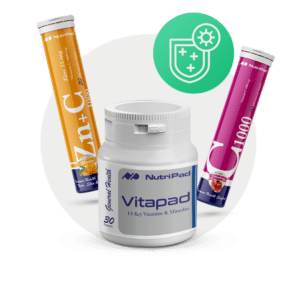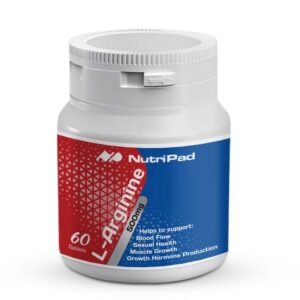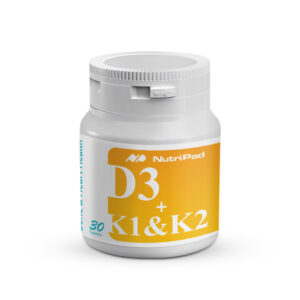The most important group B vitamins for the proper functioning of the nervous system: vitamin B1,B6,B12
Group B vitamins are water-soluble and play many roles in the body. There are various combinational products that contain more than one of these vitamins. Some of these products have been specifically introduced for use in the field of neurology. These products may be available in injectable or oral form.
Among group B vitamins, three vitamins B1, B6 and B12 are more important in nervous system function. Available studies indicate that each of these three vitamins, when used alone, has beneficial effects on the nervous system. Vitamin B1 is important in the energy production in nerve cells. Vitamin B6 plays a role in making neurotransmitters and transmitting messages between nerve cells. Vitamin B12 is necessary in the formation myelin that is important in the transmission of messages in the axons of nerve cells. Deficiency in any of these three vitamins is associated with serious symptoms and the occurrence of known diseases of the nervous system. These Vitamins also possess neurotrophic effects (helping to reproduce and repair nerve cells). This effect is especially important in patients with diabetes. There are about 450 million people with diabetes in the world. In Iran, the number of people with diabetes is probably more than 8 million people. Diabetic patients develop a complication called “diabetic neuropathy” after a few years. In this condition, due to damage to the nerves, patients experience certain pains that may be felt in the form of burning and tingling. The pains are mostly felt in the extremities, i.e. in the hands and feet and in the parts that are normally covered by gloves and socks. There is evidence that taking these three vitamins concomitantly have a synergistic effect in improving the symptoms of diabetic neuropathy. In addition, these vitamins may play a role in improving the symptoms of other forms of neuropathy and other neurological problems in general.

Is there a need to take vitamin B supplements?
The general recommendation is to try to get the vitamins from the diet. But harmful eating habits and some underlying problems may make us prone to deficiency of group B vitamins. For example, the main source of group B vitamins are whole grains, while most of us use bread made from bran-free grains and refined flour.
Among the group B vitamins, some such as vitamin B12 are mainly found in animal sources such as meat, and people who adopt a vegetarian diet may be exposed to vitamin B12 deficiency. Some medications such as metformin, which is a useful drug in the management of type 2 diabetics, may predispose patients to the deficiency of group B vitamins. Acid suppressant drugs that reduce the stomach acid secretion interfere with the absorption of some the B vitamins, including vitamin B12. People who are over 50 years old are more prone to deficiency of group B vitamins than other age groups. Therefore, taking vitamin B supplements may be beneficial for many people. Group B vitamins are water-soluble vitamins, which means that their excess amount is excreted from the body, and the body does not store a significant amount of them. Vitamin B12 is the only exception in this case that the body stores the required amount of 2-3 years. This is the reason why vegetarians usually show vitamin B12 deficiency symptoms after 2-3 years if they do not take supplements containing vitamin B12.
As an important point, always try to get a sufficient amount of group B vitamins through a proper diet, and if you fail to do so for any reason or if you are one of those people who are prone to deficiency of group B vitamins, it is necessary to use supplements containing group B vitamins.




















